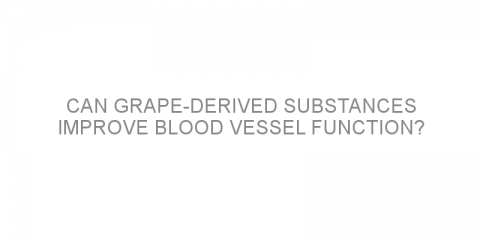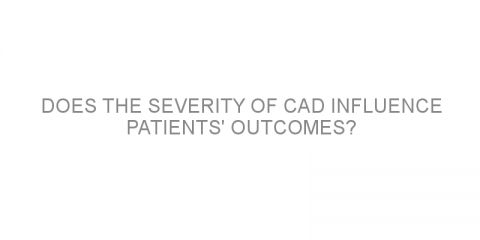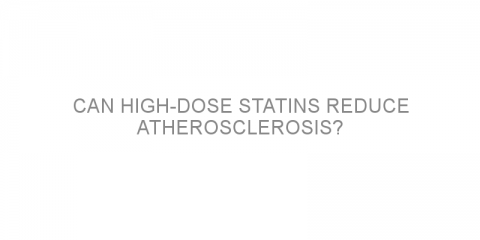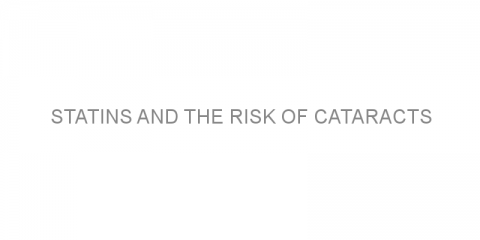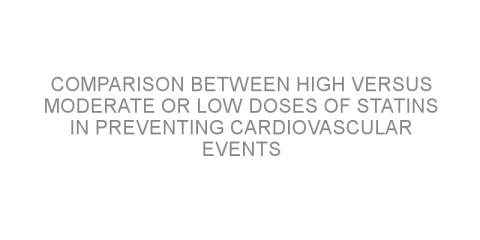In a nutshell In this study, researchers assessed how often patients with coronary artery disease meet the guidelines to reduce their risk of future heart-related problems. Some background Coronary artery disease (CAD) occurs when the buildup of a fatty material (plaque) in the arteries that supply blood and oxygen to the heart, reduces blood flow...
Read MoreCoronary artery disease Posts on Medivizor
Can grape-derived substances improve blood vessel function?
In a nutshell This review assessed the acute (short-term) effects of grape polyphenols on endothelial functioning at different times following the administration of the polyphenols. Some background The buildup of plaque (made up of fat, cholesterol, calcium, and other substances found in the blood) along the inner walls of the arteries, also...
Read MoreSleep it off
In a nutshell This trial investigated whether sleep duration is associated with cardiovascular events. Some background Shorter or longer than normal sleep duration has recently been linked to respiratory disorders, obesity and general poor health. However, the correlation between sleep and cardiovascular events has not yet been investigated....
Read MoreIs preventive angioplasty beneficial?
In a nutshell This trial evaluated whether performing preventive percutaneous coronary intervention (PCI) in patients with clogged arteries that did not cause a heart attack has any effect in reducing the risk of death, heart attack of chest pain (adverse cardiovascular events). Some background Heart attacks occur when a coronary artery (the...
Read MoreAre new versions of drug-eluting stents safer?
In a nutshell In this study, researchers compared the safety and efficacy of older versus newer versions of drug-eluting stents in patients with acute coronary syndrome. Some background In acute coronary syndrome (ACS), one or more blood vessels that provide oxygen to the heart (coronary arteries) are blocked by a blood clot. Drug-eluting stents...
Read MoreDoes the severity of CAD influence patients’ outcomes?
In a nutshell This study evaluated the effect of the severity of coronary artery disease (CAD) and the presence of culprit lesions in patients with a heart attack undergoing a percutaneous coronary intervention. Some background A heart attack is a cardiovascular condition in which the blood supply to the heart is suddenly blocked causing damage to...
Read MoreLong-term persisting stent after heart attack
In a nutshell This study evaluated the effects of the sirolimus-eluting stents (SES) compared to bare-metal stents (BMS) on the 5-year clinical outcomes of patients with acute myocardial infarction. Some background Acute myocardial infarction or AMI (heart attack) happens when blood stops flowing properly to part of the heart and the heart muscle...
Read MoreCan high-dose statins reduce atherosclerosis?
In a nutshell The aim of this study was to characterize the factors associated with reduced coronary atherosclerosis for patients who receive high-dose statins. Some background Coronary atherosclerosis is the narrowing and hardening of the coronary arteries (the vessels that supply blood to the heart) due to accumulation of cholesterol (atheroma)...
Read MoreStatins and the risk of cataracts
In a nutshell This study examined whether the use of statins affects the risk of developing cataracts. Some background Cataract is a leading cause of poor vision and blindness, particularly in the elderly. Cataract is defined as clouding over the lens of the eye. This clouding leads to vision loss and eventual, as cataract worsens,...
Read MoreIncreasing HDL cholesterol could reduce cardiovascular risk in patients with coronary artery disease
In a nutshell In this study, researchers reviewed recent studies to determine which medications can reduce the risk of cardiovascular events (CVE), such as heart attack and stroke by improving the cholesterol profile. Some background Patients with coronary artery disease (CAD) often have high levels of low density lipoprotein or LDL (also known as...
Read MoreComparison between high versus moderate or low doses of statins in preventing cardiovascular events
In a nutshell This study investigated whether higher doses of statins significantly improved cardiovascular outcomes compared to moderate or low doses. Some background Statins are a group of drugs used to lower cholesterol levels in the body. They notably reduce LDL-cholesterol levels, commonly referred to as the "bad" cholesterol....
Read MoreDo the benefits outweigh the risks when using new anticoagulants with antiplatelet therapy after a heart attack?
In a nutshell This study looked at whether there were any benefits to adding a new generation anticoagulant to antiplatelet medication after a heart attack. Some background After a heart attack, patients are usually given antiplatelet medication – drugs that stop the initial stages of blood clot formation. Typically, they receive a...
Read More
